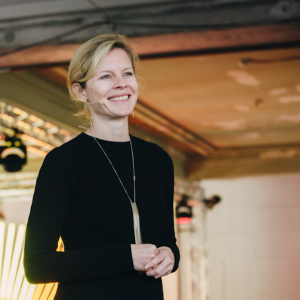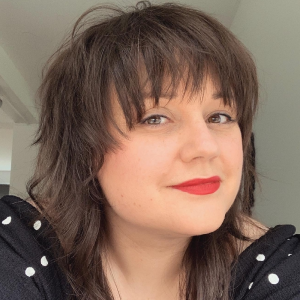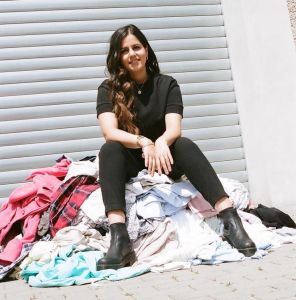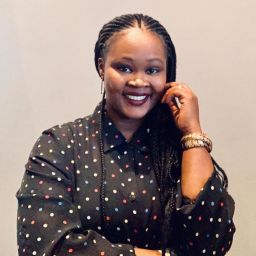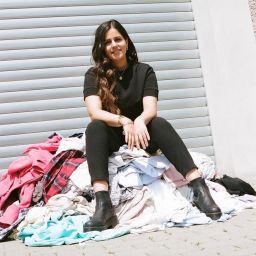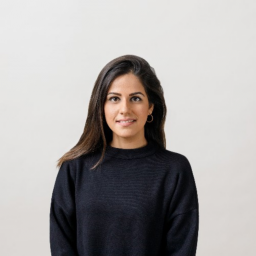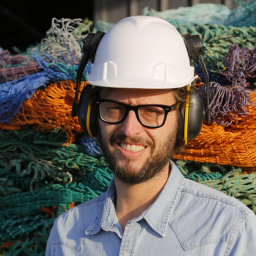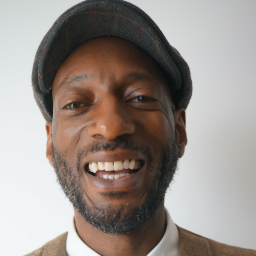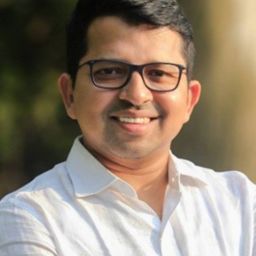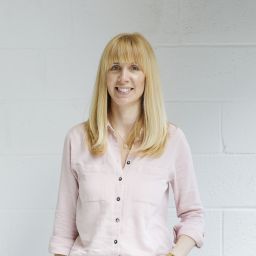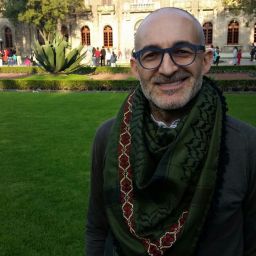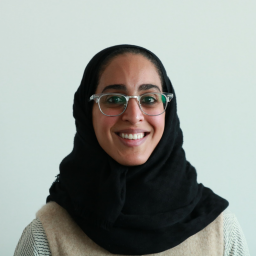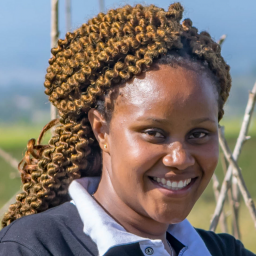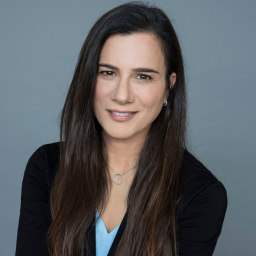Meaningful Business (MB:) Please tell us a bit about your background.
Saskia Bruysten (SB:) At first, I followed the traditional business school and consulting path. But, by my late twenties, I wanted to use my skills to solve some real-world problems. The financial crisis had hit, and traditional capitalism was failing. I knew something was missing for me, so I went back to studying at the London School of Economics.
MB: What led you to start Yunus Social Business?
SB: When I was back studying, I met Peace Nobel Laureate Professor Muhammad Yunus at a lecture; his talk about social business was the missing piece I was looking for. He inspired me to rethink business as a tool to solve the problems we face in the world today. The concept of ‘social business’ offers a fresh perspective: a financially sustainable mechanism to efficiently achieve social change, by identifying a social problem to address and then seeking to maximise the impact it can create.
I took his card and flew to Bangladesh to see for myself how large-scale social businesses were bringing clean energy, micro-loans and education to a country struggling with immense poverty. We then co-founded Yunus Social Business to bring successful social business models from Bangladesh to countries across the world.
MB: What are the main problems you are trying to solve?
SB: We are fundamentally trying to reform the current form of capitalism by creating positive examples of what business should look like, i.e. contributing to society rather than extracting from it.
There are two main aspects of our work. Our funds finance and grow social businesses focused on ending poverty and protecting the environment in Latin America, East Africa and India. But we also work with large corporations to transform them into a force for good with the power of social business.
To make it concrete, we are lending relatively small loans of $100,000 to $500,000 ticket sizes to early-stage social businesses focussed on poverty alleviation that are looking to scale their impact. These businesses find it difficult to find appropriate funding as they are too big for micro-loans but too small for commercial investment. Take our portfolio company, SMV Green, in India, which provides affordable e-rickshaws, guaranteeing a sustainable source of income for drivers whilst reducing air pollution and carbon emissions. SMV Green provides opportunities for marginalised people to own an e-rickshaw and create their own sustainable business by helping customers obtain financing and supporting with licensing and registration procedures. They have enabled 1,400 e-rickshaw drivers to lease their own vehicle, more than doubling their incomes.
Saskia Bruysten CEO & Co-Founder, Yunus Social Business
MB: What is your biggest challenge right now?
SB: COVID was a significant challenge for all of our portfolio companies in the last year. Almost half of them had significant decreases in income and were struggling. We were able to provide furlough payments to those companies most affected, which allowed them to keep their employees on the payroll and adapt to the current environment, e.g. digitising their business models, or pivoting altogether.
Many of us in the West think that COVID is soon over given the pace of vaccination. Whereas in the African continent, for example, there is only a vaccination rate of 1%. COVID will not be over until the entire world is vaccinated, which means the current climate will be a reality for many of our social businesses in the years to come.
MB: What is your vision for the future of your business?
SB: This November, I will have founded Yunus Social Business 10 years ago. For the first 10 years we were focussed on proving that social business can make a significant contribution to alleviating poverty in a sustainable way. Our portfolio now serves over 13 million people with essential products and services and creates higher incomes for 50,000 people. Now, our next step will be to scale this up significantly by financing more and more social businesses every year.
Another way of scaling up our impact is to collaborate with corporations and leverage their core competencies to solve social problems. We have just launched a new platform called the Unusual Pioneers for corporate social intrapreneurs, in partnership with the World Economic Forum’s sister organisation, The Schwab Foundation for Social Entrepreneurship. We know that we can only make a real dent in the economy if the corporations change as well.
Eventually, my hope would be that the type of work we do will be required less and less, and our social business examples will be part of the absolute mainstream of business.
MB: What is your advice to other leaders who want to combine profit and purpose?
SB: If you don’t try, you don’t succeed. When I decided to go to Bangladesh and find out more about social business, I didn’t know where this journey would take me, so I committed for just one year. I figured, if it didn’t work out, I could always come back to my traditional career path. Little did I know that, 12 years later, I’d still be here.
So, my mantra is, just try it and see if you enjoy it! You don’t have to leave your job straight away or risk all your savings. You can start with something small on the side. You can try to effect positive change within the company where you are working. We all have agency and a small part to play to create the world we want to live in.
________
Quickfire Questions
MB – What’s the best piece of advice you ever received?
SB – As I’ve just said earlier, if you don’t try, you don’t succeed. We all have agency and can play a part in creating the world we want to live in.
MB – Who inspires you?
SB – Well obviously, Muhammad Yunus. But next to him, I wish I could have had the chance to sit down with Ruth Bader Ginsburg before she died. Her lifetime commitment to a more equitable society has truly changed the system.
MB – How do you define success?
SB – I don’t think success can be attributed to one decision or moment. It’s the constant hard work, learning and iterating that have brought results for Yunus Social Business. Our social-business portfolio now reaches 13 million poor people in developing countries with essential products or services. I’m very happy to see this progress. But if we really want to create a systemic change for our economy, we also need large corporations to create this kind of change too. There is still a lot of work to do.
MB – What is something you wish you were better at?
SB – Taking some personal time for me and my family, since my work is definitely a strong passion of mine.
MB – What is the one book everyone should read?
SB – Definitely “A World of 3 Zeros” by Yunus. I did also enjoy Ronald Cohen’s “Impact”.
MB – What do you do to relax?
SB – Dancing and spending time with my family and friends – they recharge me!
________
Discover the other MB100 leaders recognised for their work combining profit and purpose to help achieve the United Nations Sustainable Development Goals in 2020, here.


